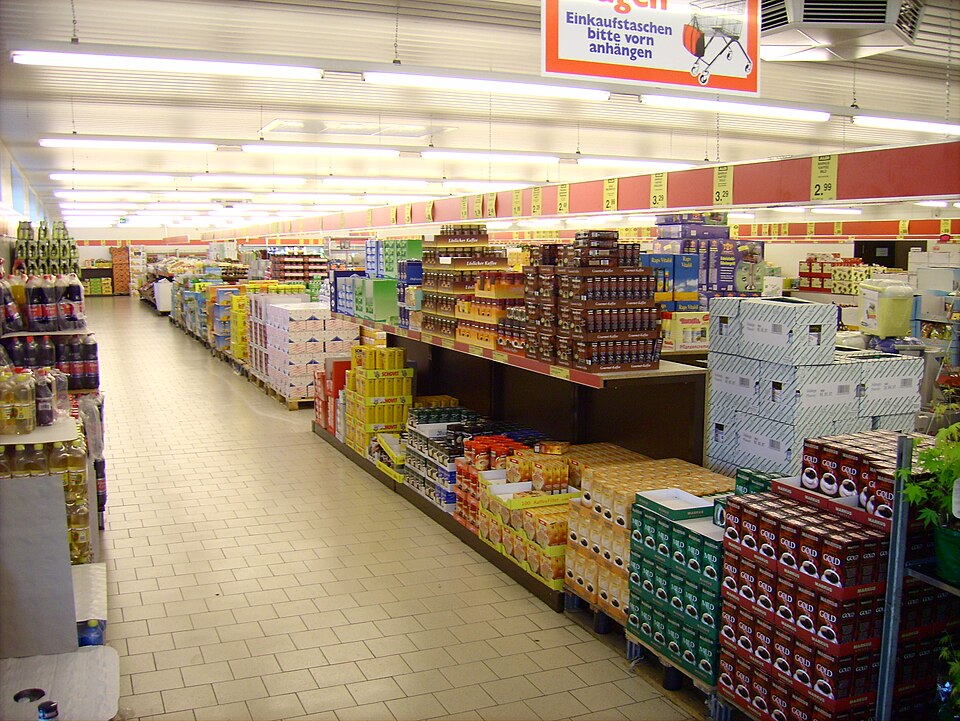
British shop prices declined in October for the first time in seven months, driven by the sharpest drop in food prices in nearly five years, according to figures released Tuesday by the British
Retail Consortium (BRC).
Overall retail prices slipped 0.3% from September, marking the first monthly decline since March. Food prices fell 0.4%, the biggest monthly decrease since December 2020.
On an annual basis, shop prices in October were 1.0% higher than a year earlier, easing from a 1.4% increase in September. It was the first time since June that the pace of annual price growth has slowed.
Food inflation also cooled to 3.7% year-on-year, down from 4.2% in September, though prices for fresh produce continued to climb.
The Bank of England has been closely monitoring food costs, which play a significant role in shaping public expectations for inflation. Last week, official data showed the UK’s overall inflation rate held steady at 3.8%, slightly below forecasts of a rise to 4.0%.
BRC Chief Executive Helen Dickinson credited “fierce competition among retailers,” widespread discounting, and easing global sugar prices for lowering the cost of chocolate and confectionery ahead of Halloween. Some retailers also launched early promotions on electronics and beauty products before next month’s Black Friday sales.
Dickinson urged Chancellor Rachel Reeves to avoid raising business costs in the upcoming November 26 budget, warning that “adding further taxes on retail businesses would inevitably keep inflation higher for longer.”
Reeves has said her budget will prioritize reducing the cost of living. Photo by Kira Nerys, Wikimedia commons.




































